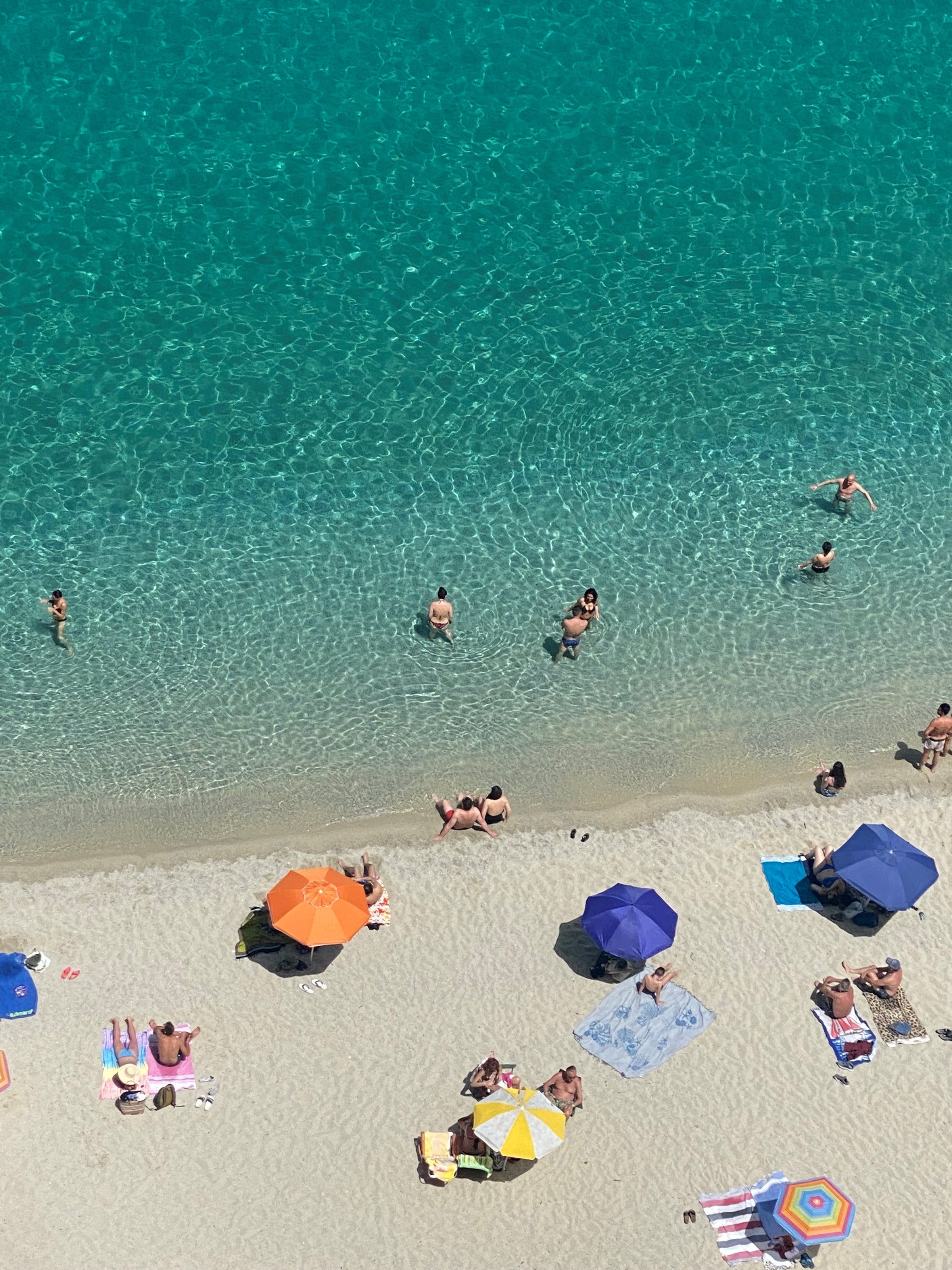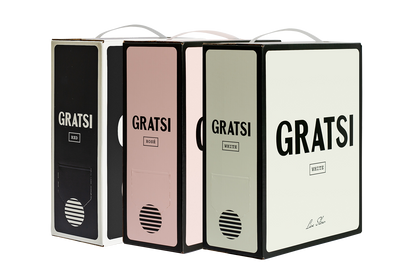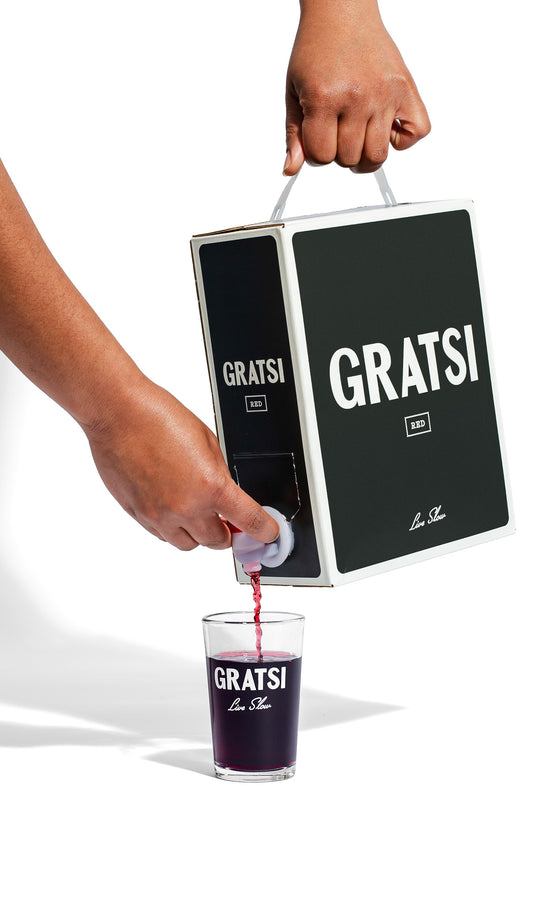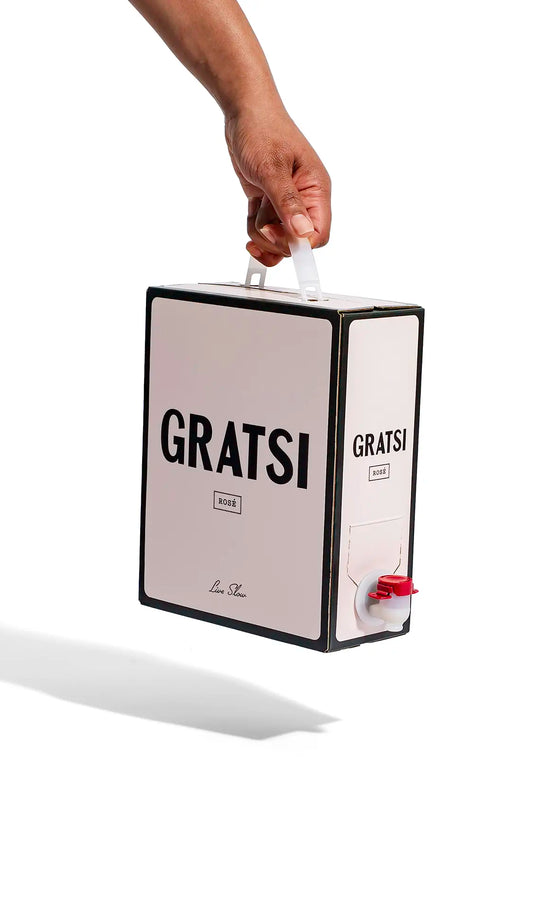The Secret of the South
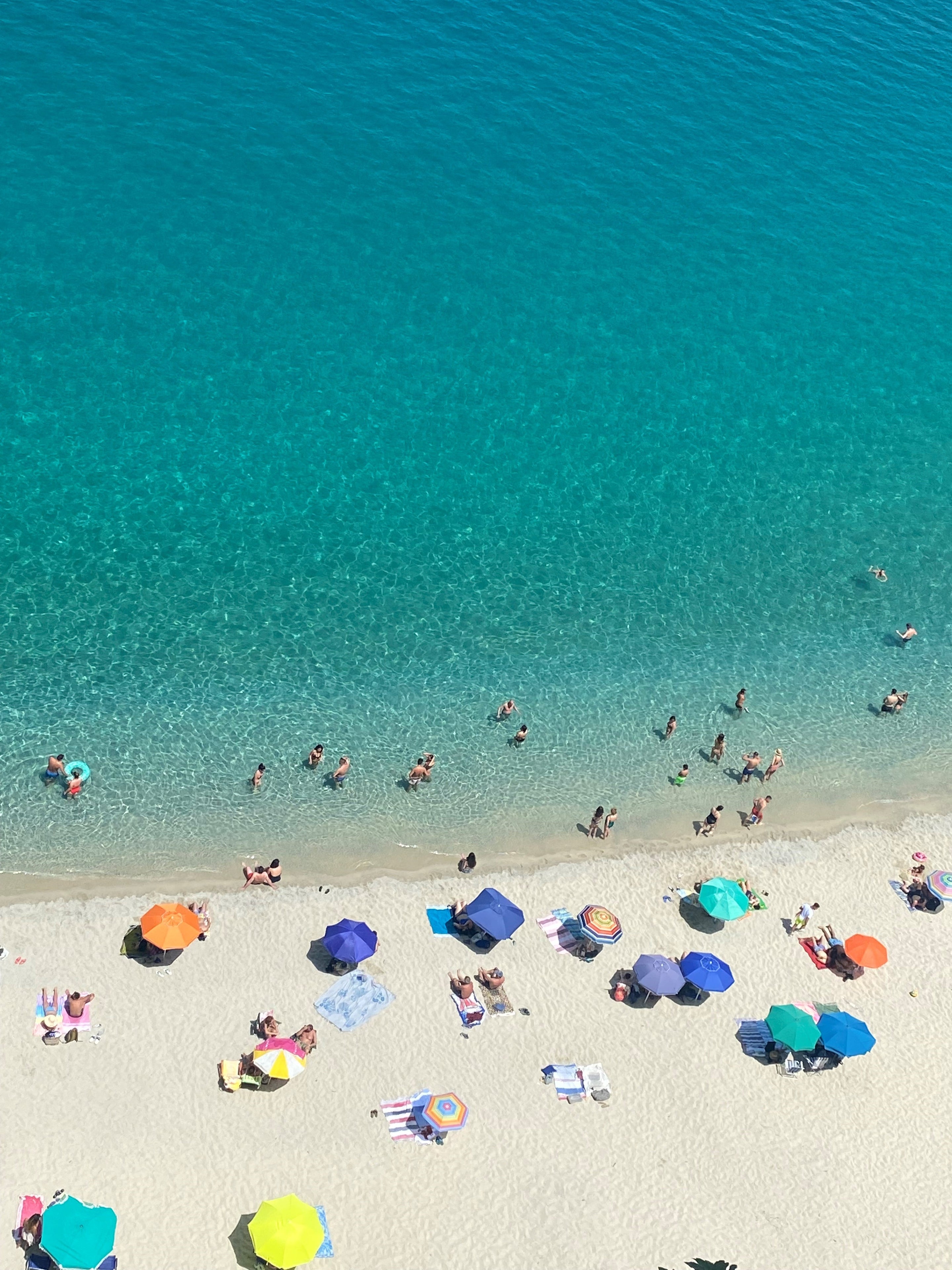
Calabria
The Secret of the South
By Antonia Fest
October 06, 2022
You may have noticed that in recent years some previously unheard-of ingredients have snuck their way onto the menus of your favourite local Italian restaurant. Among the trendiest arrivals are ‘nduja and tropea onions. One, a fiery spreadable sausage often found on top of pizzas or swirled into pasta sauces; the other, a sweet onion, also known as ‘the red queen’, served raw in fresh salads, caramelised in sumptuous spreads, and baked into spongy bread. These two ingredients hark from Calabria, the southernmost region of mainland Italy, the ‘toe’ of the country’s boot, tucked away and largely overlooked. It shouldn’t be.
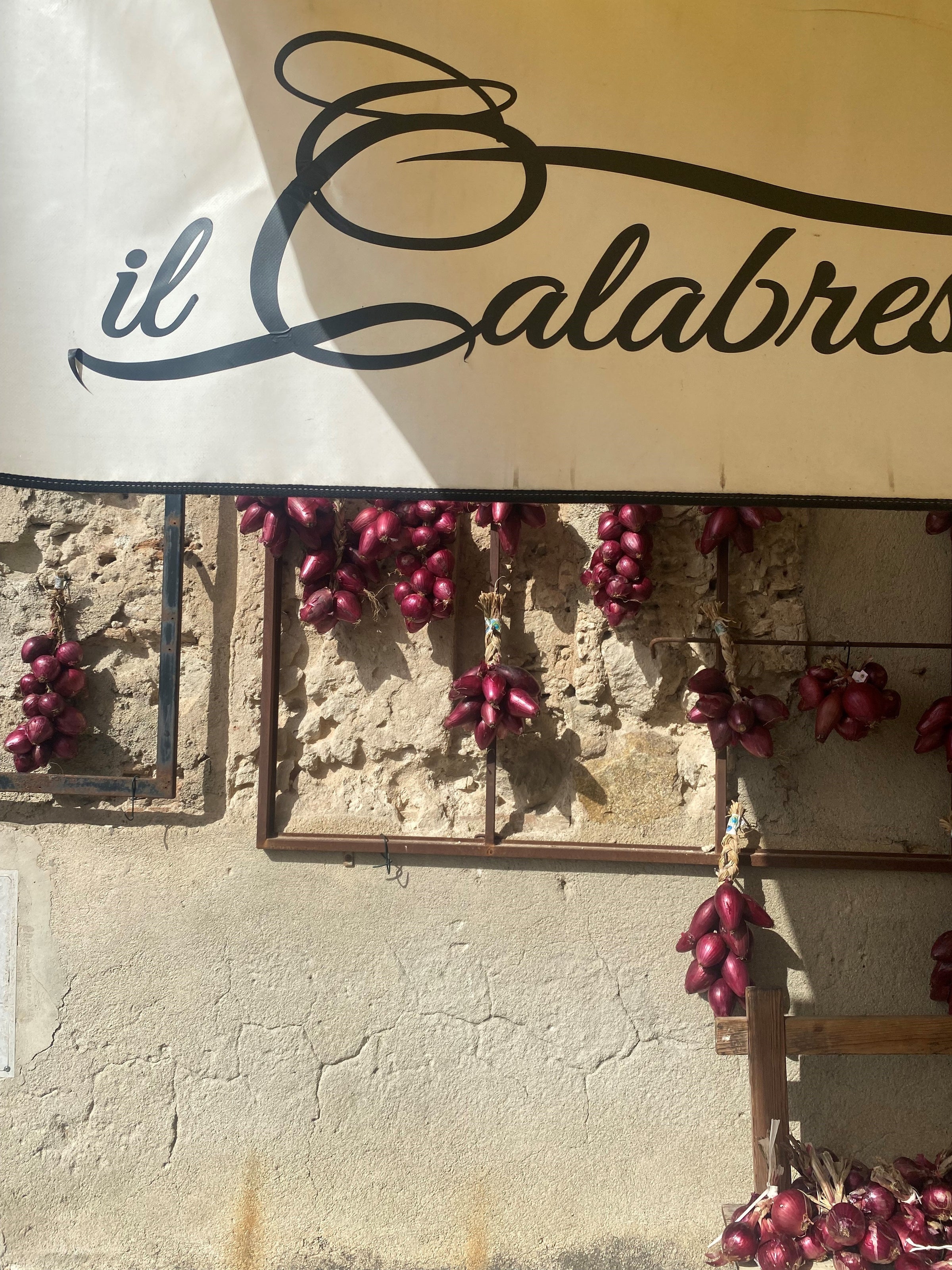
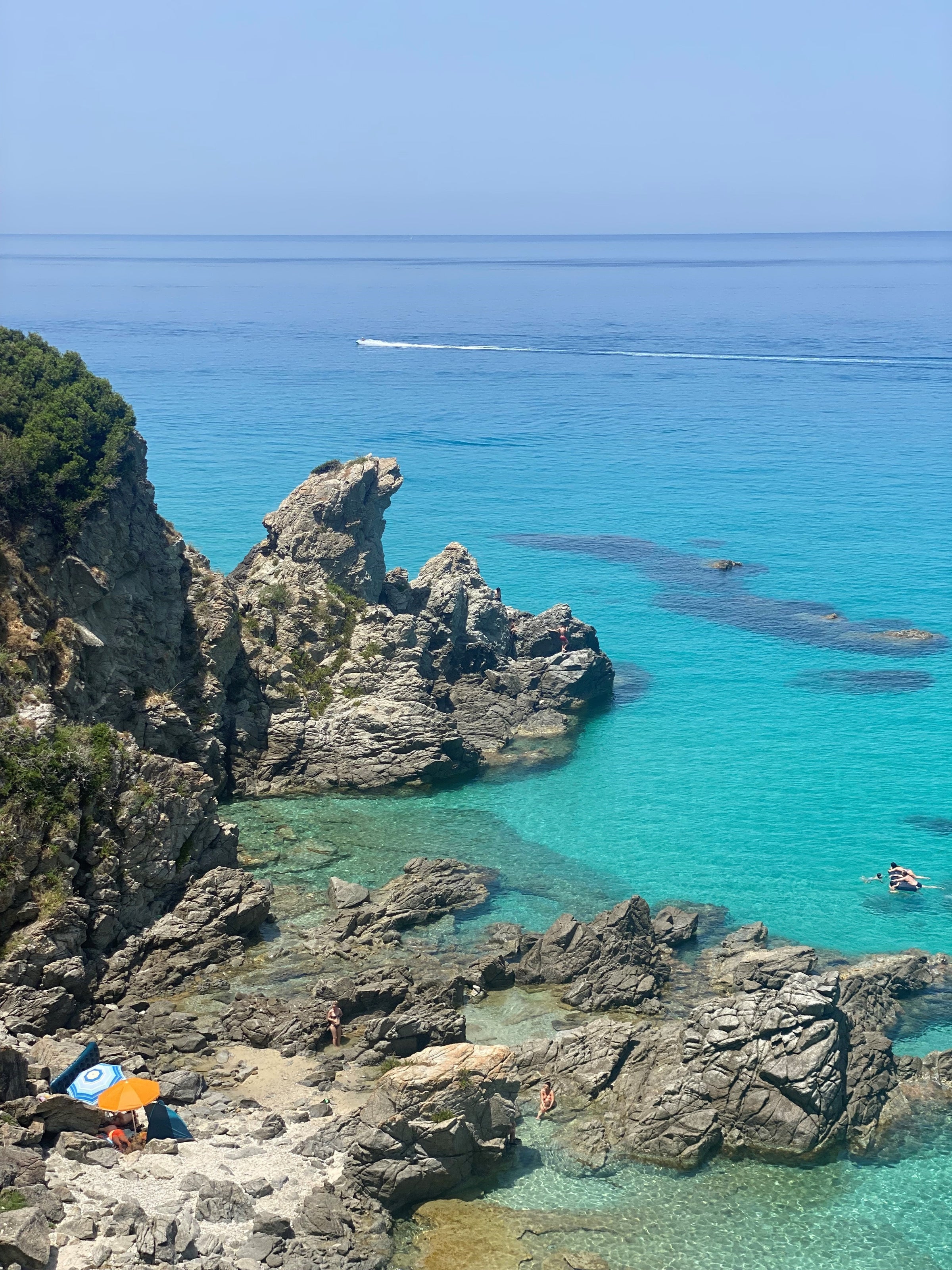
Not withstanding Calabria’s pristine coastline, splendid natural beauty, rich history, and abundance of culinary delights, its tourism infrastructure remains undeveloped. Many non-Italians may not have even heard of the region. Its obscurity is undoubtedly part of its appeal but as one of Italy’s poorest regions, and one which is still prone to mafia activity, its untouched charm is not entirely by choice. Despite this, northern Italians have long been migrating to Calabria in the summer months revelling in the splendour of one of Italy’s best kept secrets. However, Calabria’s quiet colonisation of restaurant menus across the world is evidence that slowly but surely it is entering the mainstream consciousness. I have been spending my summers in Calabria for over a decade and this year was the first time where it felt as though the secret had been whispered to other corners of the world. Walking through the towns of Tropea, Pizzo Calabro and Reggio Calabria, languages other than Italian (or Calabrian dialect) could finally be discerned.
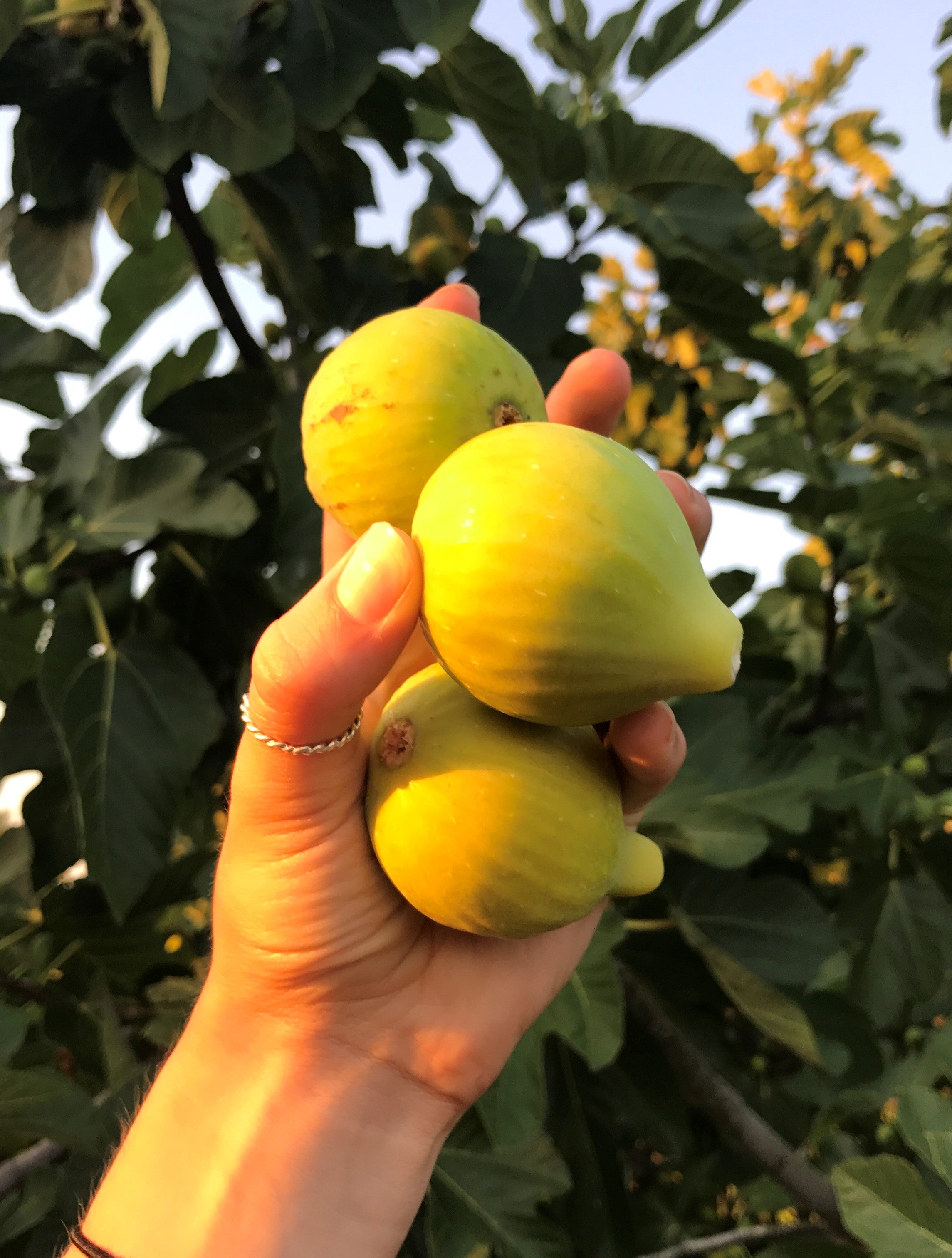
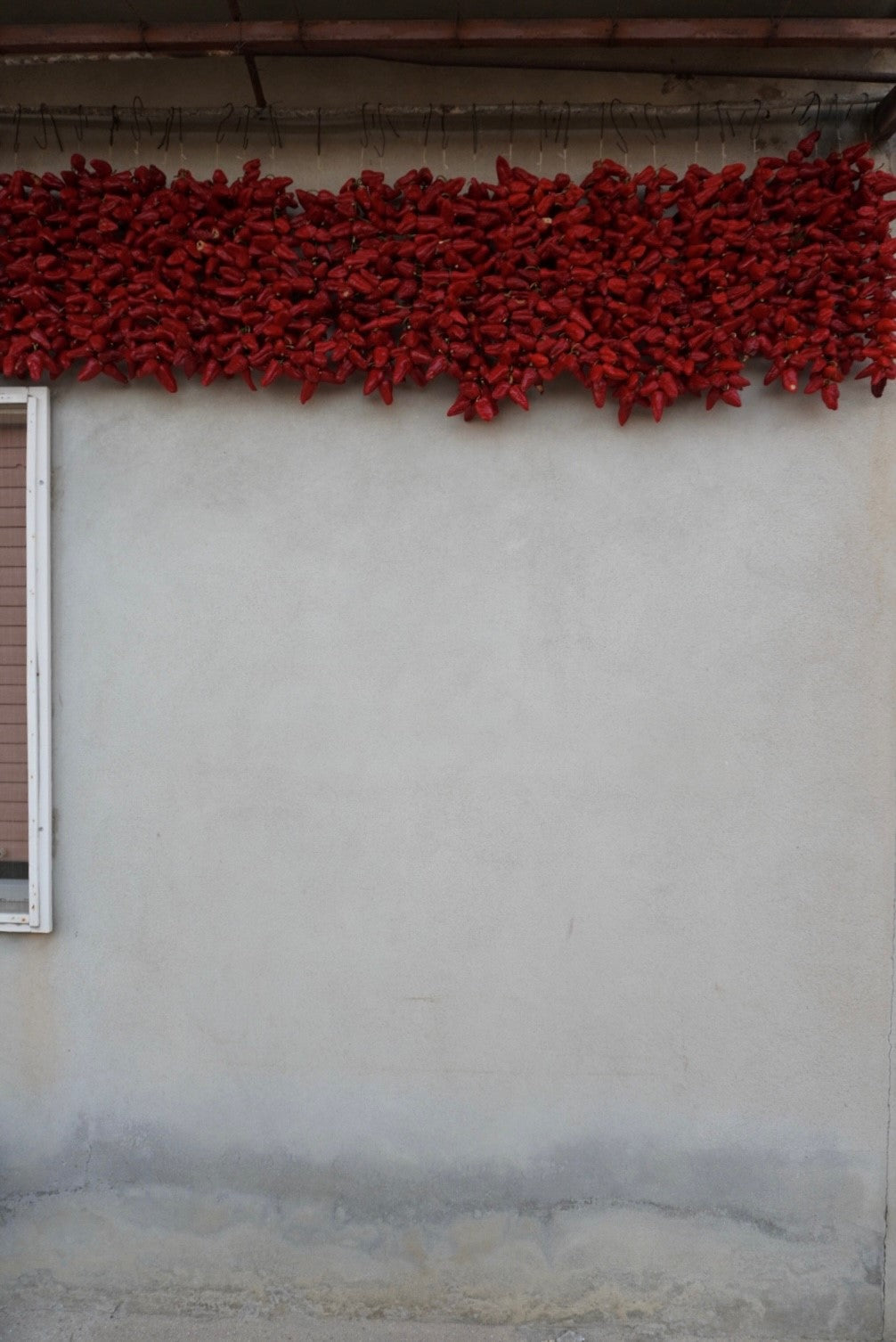
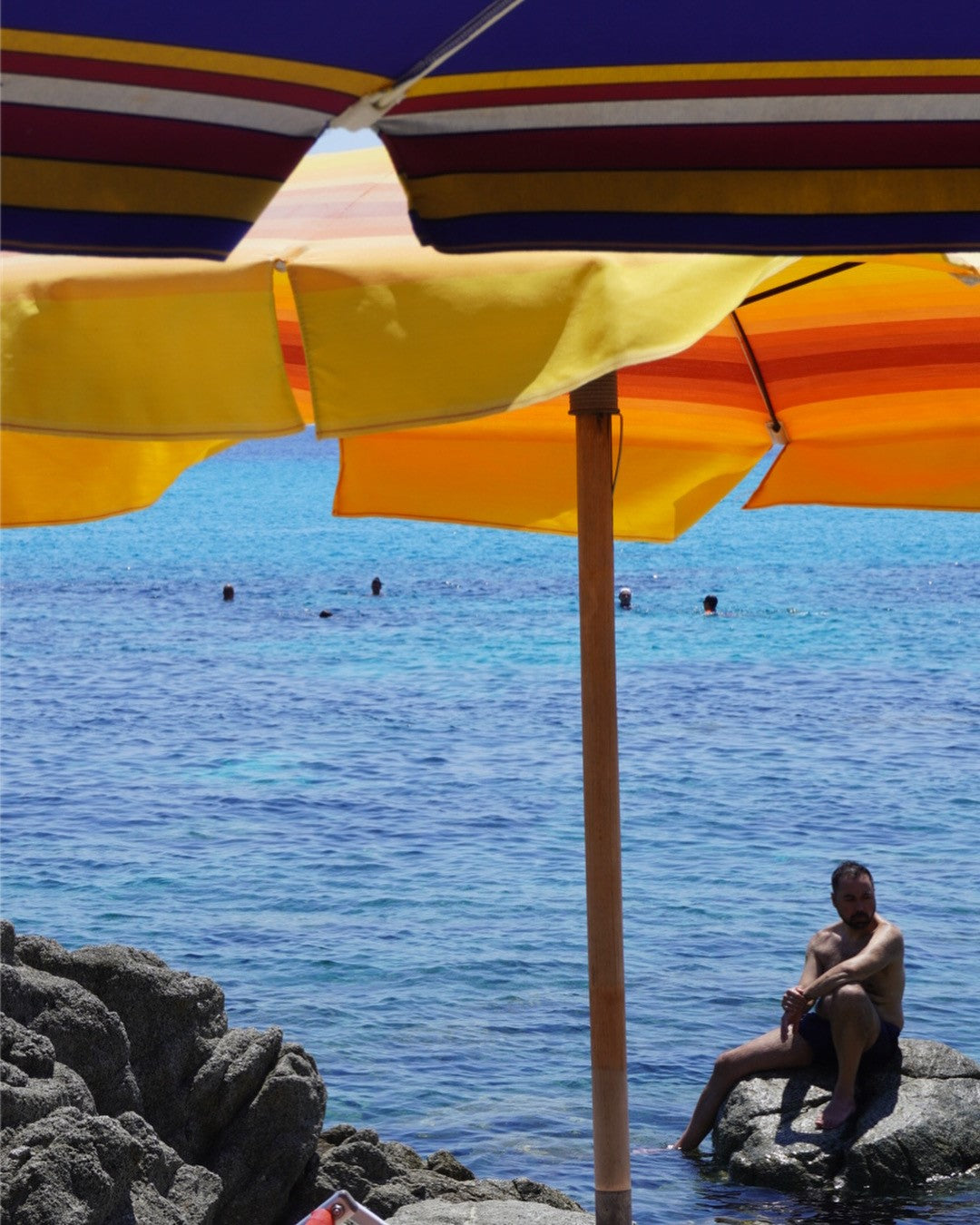
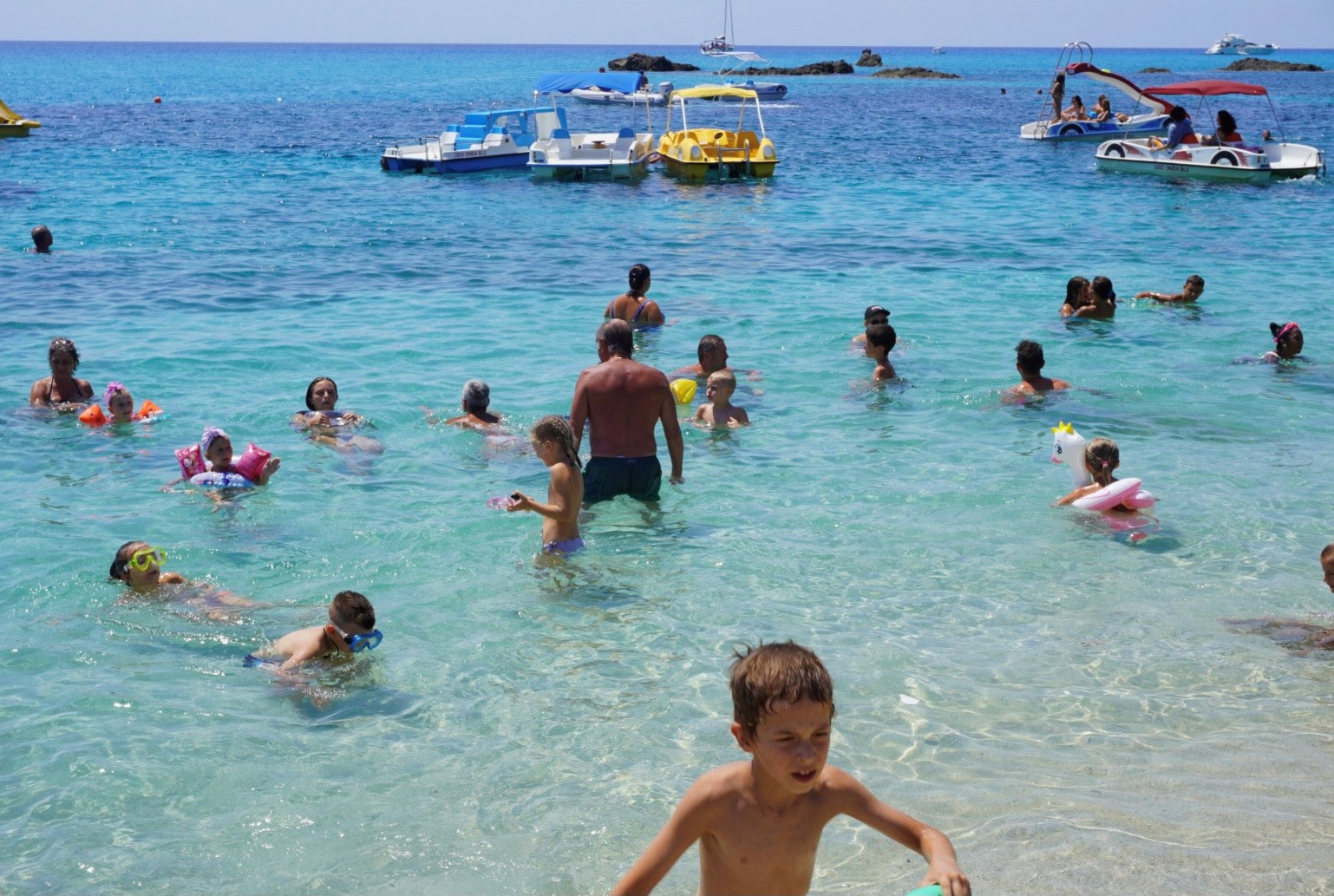
There is a Calabrian proverb, ‘Vinu bonu calabrisa non ha bisognu 'e frasca’ – ‘good Calabrian wine does not require advertisement.’ In other words, if the wine’s quality can speak for itself, there is no need to publicise it. The same philosophy can be applied to the region as a whole. There is not much promotional material for Calabria but those who are astute enough to sample it, never regret it. Of late, growing numbers of openminded travellers in search of areas off the heavily beaten Mediterranean track, have begun to explore this pocket of southern Italy. They have forgone the iconic Amalfi Coast for the dramatic beachside town of Tropea, they have sacrificed the Dolomite mountains for the vast highlands of the Serre Calabrese, and they have evaded the heaving crowds who flock to Puglia’s eccentric trullo-towns in favour of the gritty allure of Pizzo Calabro.
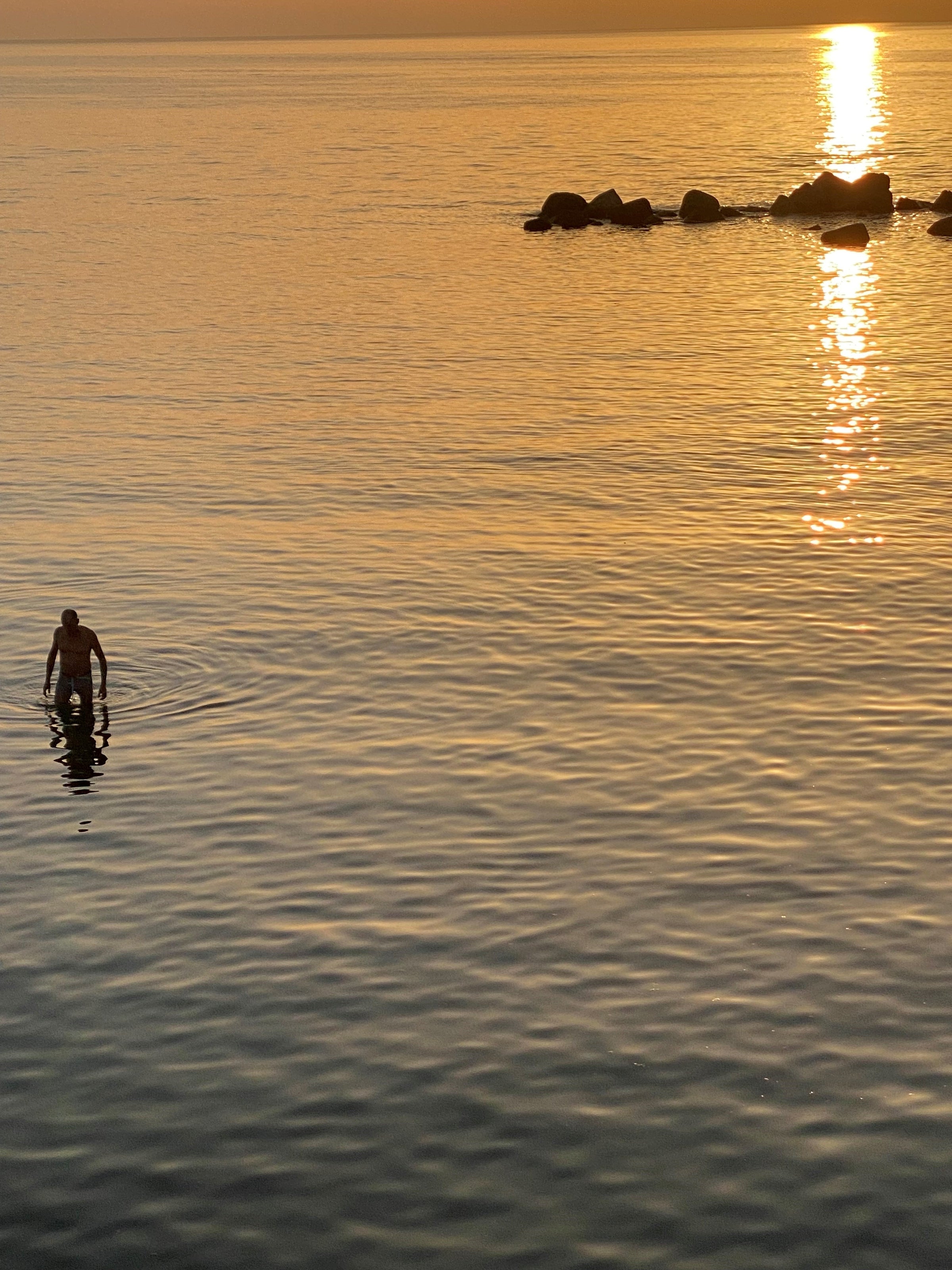
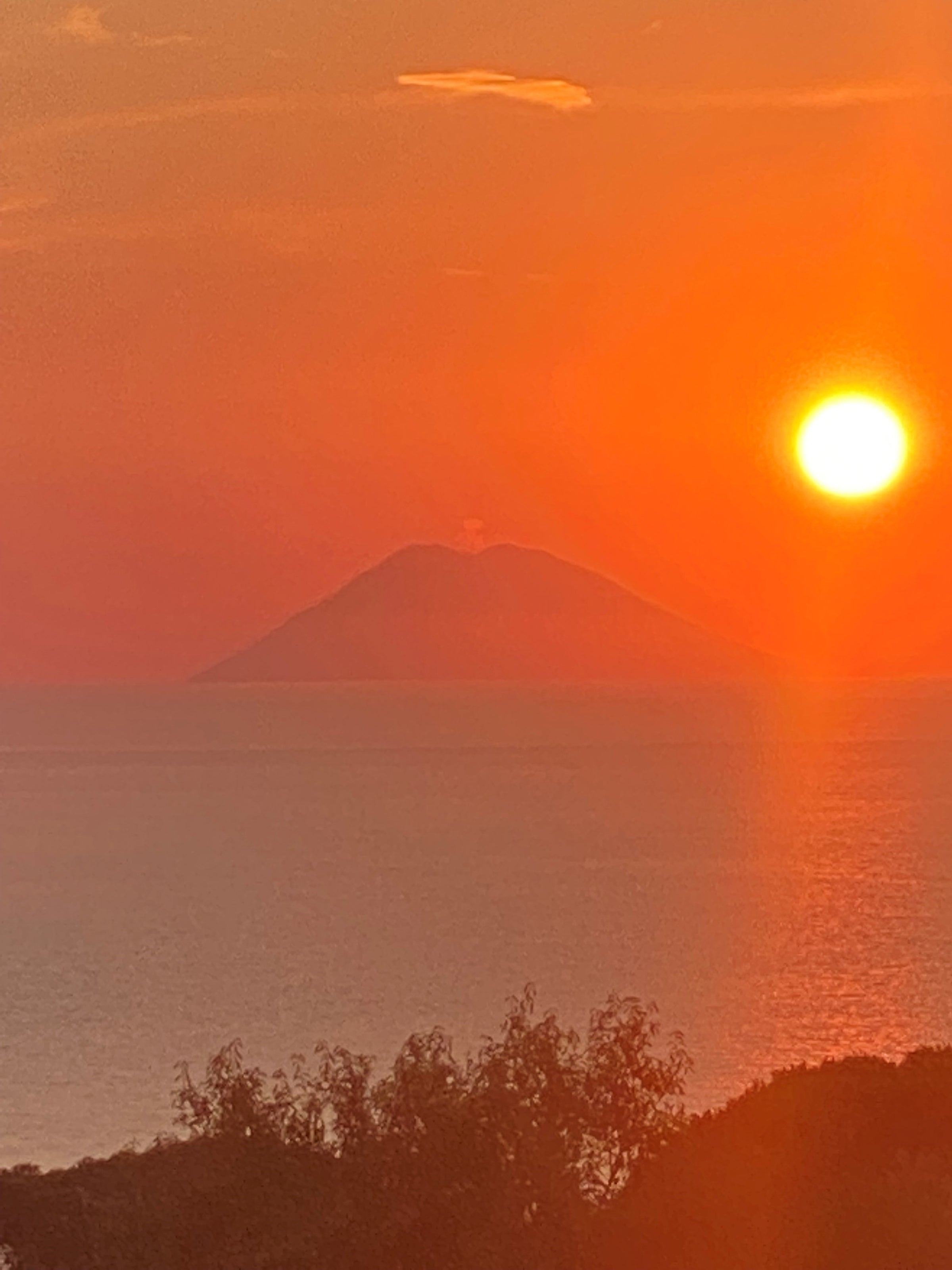
Calabria offers astounding variety in many forms. It is bordered by the Ionian Sea on its eastern coast and the Tyrrhenian Sea on the west. Its 500 miles of coastline therefore ranges from warm, turquoise to briny azure waters. They are home to some of the most beautiful beaches in all of Italy, and indeed the Mediterranean. Spectacular sandy stretches inundated with technicolor umbrellas such as Tropea beach along the so-called ‘Coast of the gods’ are complimented by tiny, pebbled coves such as the Spiaggia dell’Arcomagno, carved out of a rocky crag with an archway that flows into the Mediterranean deep. A 20-minute drive from the coast, and you could already lose yourself in the Calabrian hinterlands.
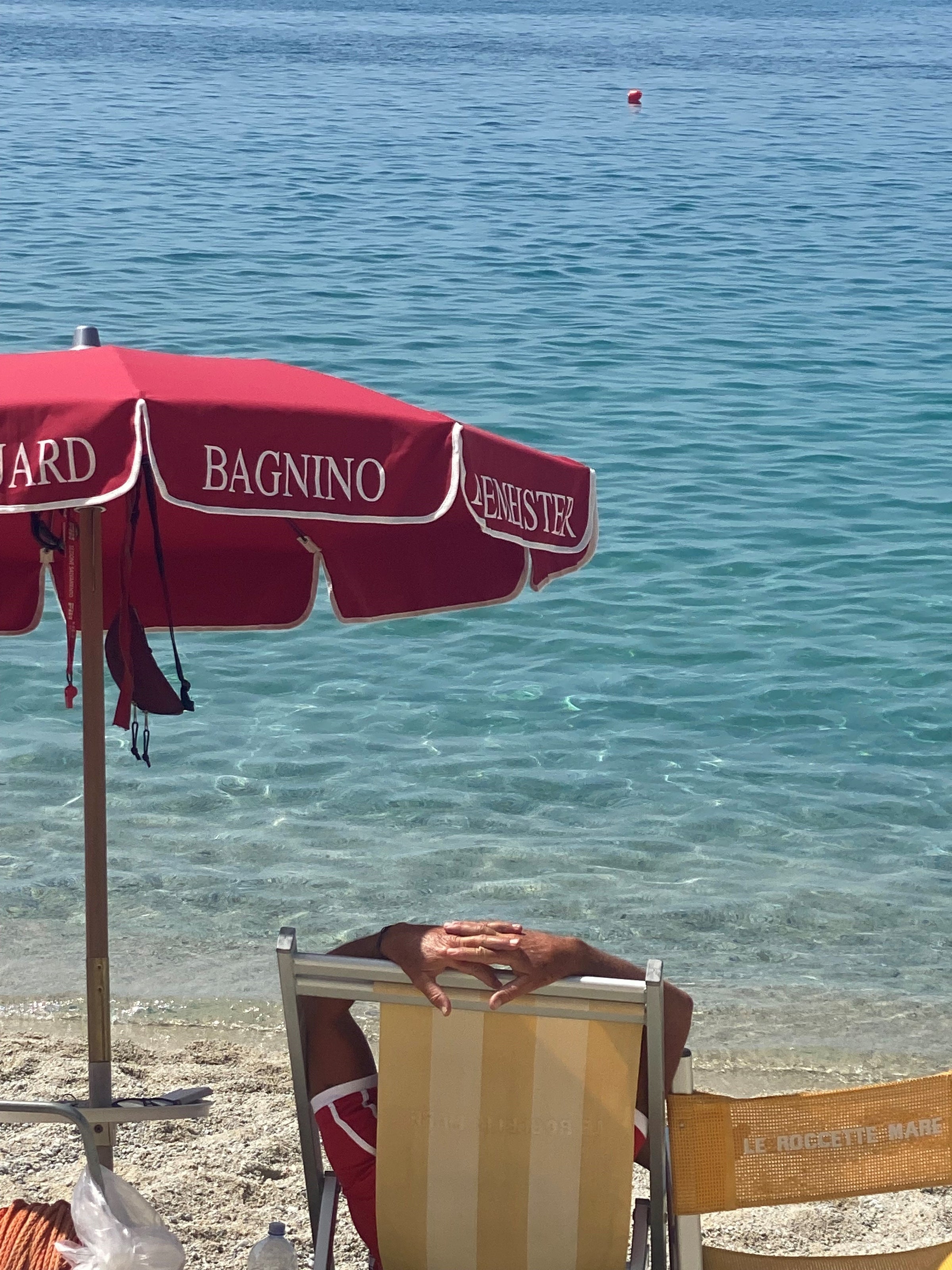
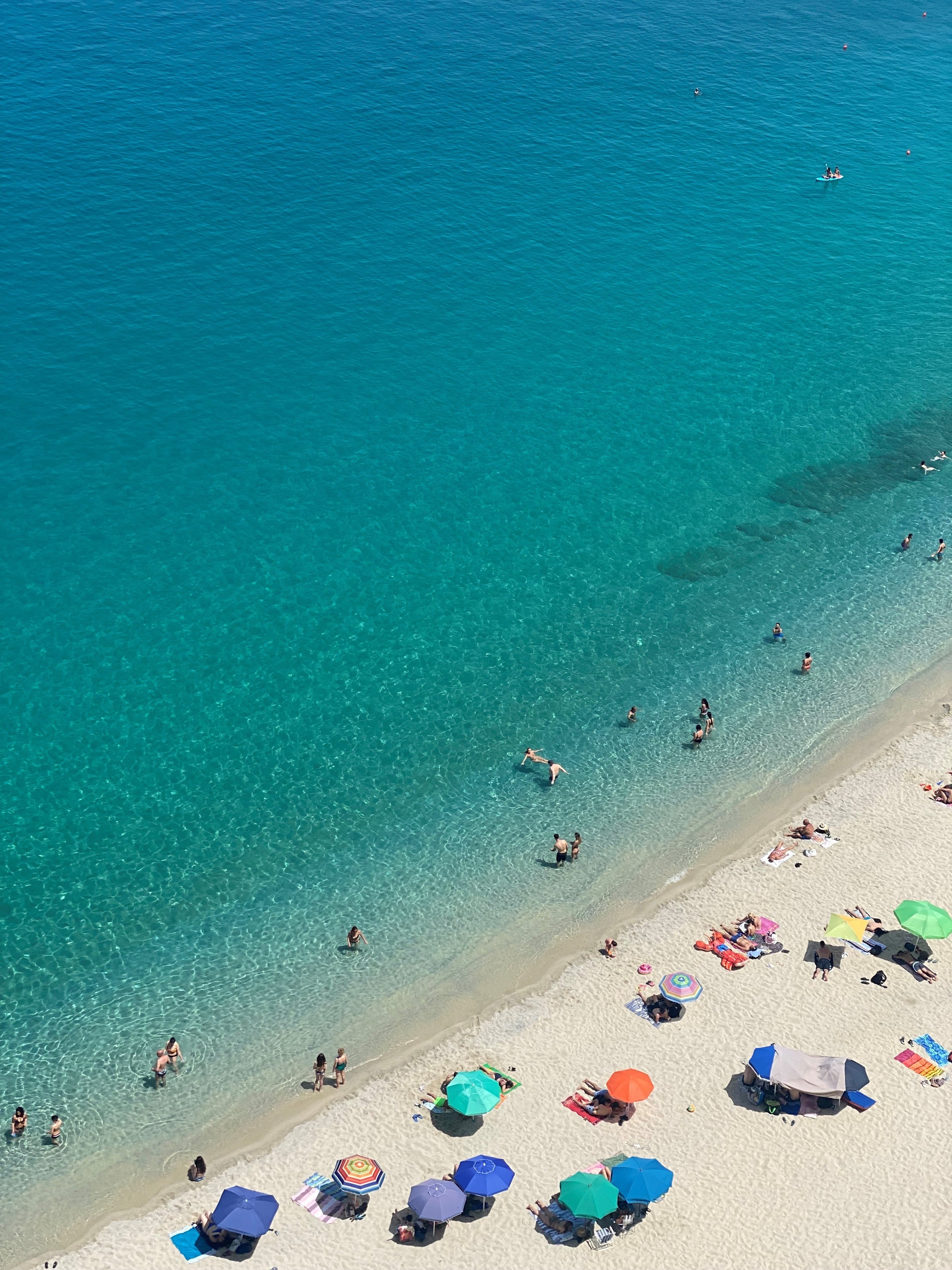
Only 10% of the region is flat leaving an extensive mountainous terrain which offers further beguilement. Much of the landscape has been converted into National Parks (such as Sila and Aspromonte) to maintain Calabria’s longstanding legacy of beauty. The mountains are also dotted with little villages sometimes home to less than 1000 people but this small quantity does not undermine their quality. Rich histories are nestled into these towns. It is worth tearing yourself away from the beach to visit the Byzantine churches of Badolato, the ancient Greek colony of Stilo, more recently voted one of Italy’s most beautiful towns, and Altomonte’s medieval alleyways.

Calabria has a chequered past which dates back to antiquity. The Greek myths refer to Scylla (now, Scilla situated on the eastern coast) where it is said that Odysseus lost six of his men to the six-headed sea monster Charybdis. Over the centuries Calabria suffered invasions from the Romans, the Normans, the Byzantines, and the Spanish, as each empire and civilisation sought to capture this fertile and precious land. These influences have been absorbed into Calabrian culture. They have left their mark on the architecture, the dialect, and the food of the region. Nowadays however, many Calabrians - especially the younger generations - focus their energies on leaving in search of more fruitful opportunities in the north or abroad. For this reason, the locals welcome the ever-growing trickle of international visitors, and their innate hospitality will dispel the unfair reputation which the region has suffered from for too long. The growing importance of slow tourism with a focus on sustainability also plays a large role in the newfound interest of Calabria, a region which shirks phoney touristic fads or shallow promotion of their goods.


A summer in Calabria is a concentrated blur of colour; spicy red peppers, the unofficial symbols of the region, the sky’s intense orange hues as the sun sets over the eastern coast, yellow umbrellas speckling the beaches, the greenest forests, the bluest waters, deep purple figs synonymous with late August days, and pink bougainvillea cascading down city walls. Yet the pulsating vividness of Calabria does not detract from its overarching philosophy to slow down and to savour.
Calabria is not chic or polished or immaculate. Calabria is bold and rugged and exuberant. It is luxurious but not in its measure of 5-star hotels, slick restaurants, and A-lister infiltrated lidos. Rather, its luxury lies precisely in the fact that it defies a glossy aesthetic and triumphs in its husky authenticity. A trip to Calabria is a refreshing and rare antidote to excess and glamour. Its natural beauty, abundant cuisine and small yet vivacious towns have no place for veils of pretension which are curated for tourists alone. The Calabrians know themselves and know their region, take it or leave it. You would be wise to take it.
